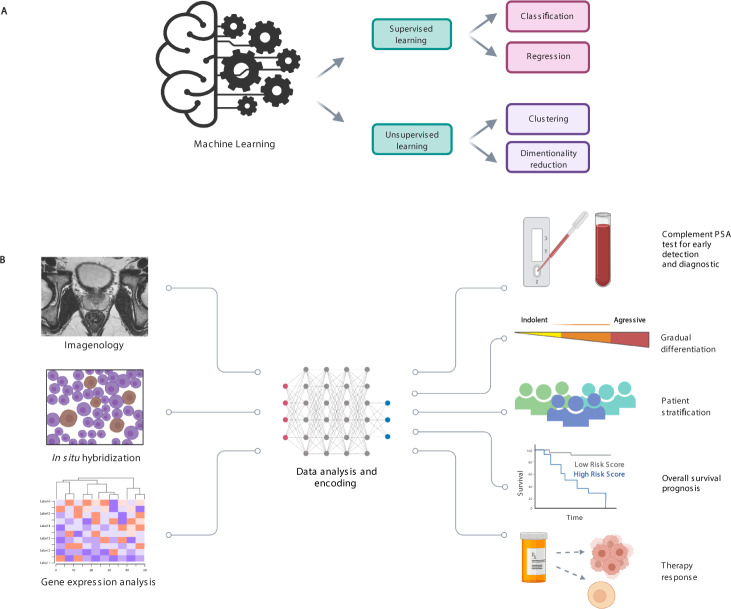Fig. 4. Artificial intelligence and its application in patient stratification in prostate cancer.
ML is an artificial intelligence approach that can predict a possible outcome in PCa research and improve the patient management. A ML techniques. These algorithms are divided into two main types of learning: supervised learning and unsupervised learning. The former uses pre-determined explicit data, it is the most used in radiology and is based on classification and regression (deep learning, convolutional neural network, random forest, support vector machine, decision tree, logistic regression, among others [125]). The latter uses the features of the training data and doesn’t have a prior division of data in categories, it is based on clustering and dimensional reduction (K-means, hierarchical clustering, among others). B ML applied in PCa management. A recent application of ML is the prediction and analysis of radiomic data. This approach aims to improve the patient stratification and management using imageology, tissue analysis, and molecular data so the clinicians can offer a personalized treatment by differentiating the grade of the disease, stratifying the patients, and determine the therapy response.

